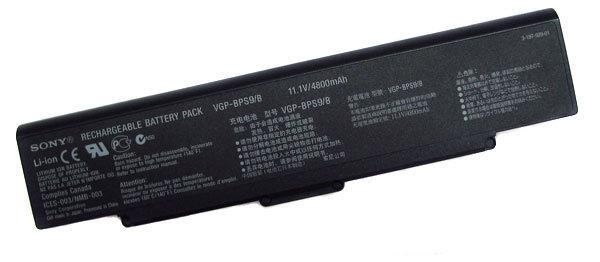
In late summer, it was revealed that Sony was selling its battery business to Apple supplier Murata Manufacturing. Since 2010, the division had trouble staying profitable and has resulted in a $600 million write down in just the past three years for Sony. But things weren’t always this way and in the early 2000’s, the division was profitable and perhaps we now know why.
The European Commission has hit Sony, Panasonic and Sanyo with a €166 million fine after finding the three tech giants guilty of forging a cartel for rechargeable batteries.
But this tale gets so much more interesting, including being ratted out by Samsung! Oh my.
In a statement issued on Monday (12 December), the executive said that the three companies agreed on temporary price increases in 2004 and 2007, triggered by an increase in the price of cobalt, a raw material used to produce lithium-ion batteries.
Besides which, the firms exchanged commercially sensitive information, such as supply and demand forecasts, price forecasts and intentions concerning particular competitive bids organised by specific manufactures of products such as phones, laptops and power tools.
So how does Samsung play into the battery cartel?
Samsung SDI, which was also part of the cartel, was not fined, as the company tipped off the EU authorities about these unfair business practices.
All the parties admitted their involvement and agreed to reach a settlement with Brussels.
More than half of the fine will be paid by Sanyo (€97m), while Panasonic (€38.9m) and Sony (€29m) will pay less. All the companies involved benefited from reduced financial penalties thanks to their willingness to collaborate.
Samsung should have received a €57.7m fine.
This will likely be the most dramatic story you’ll ever read regarding batteries – can someone now update Sony’s Wiki page to include the battery cartel?
[Via EuroActiv]

You must be logged in to post a comment.